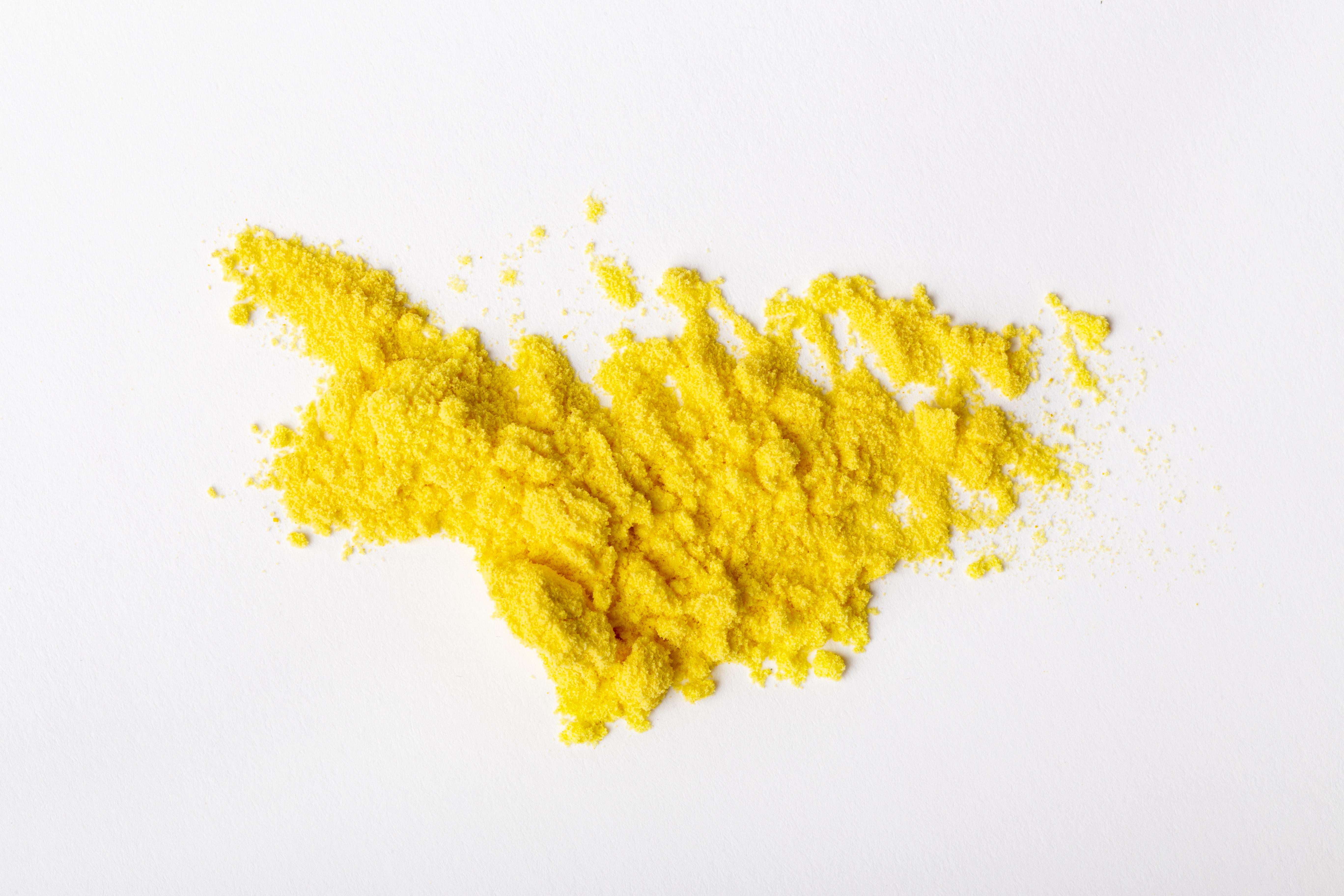
Oil Derivations Product
Sulfur
Product | Sulfur |
|---|---|
Packaging | 25 Kg Bags/ pallet / jumbo bag |
Price | Negotiable |
Payment Terms | Negotiable, T/T |
Delivery Terms
| FOB, CIF, CFR, CPT and FCA |
Min Order
| Negotiable |
HS Code | 390330 |
| No. | properties | Unit | Test Method | Result |
|---|---|---|---|---|
| 1 | Purity (on dry basis) | wt % Min. | BS-4113 | 99.5 MIN |
| 2 | Ash Content | wt % Max. | BS-4113 | 0.02 – 0.2 |
| 3 | Moisture | wt % Max. | BS-4113 | < 0.3 |
| 4 | Acidity (as H2SO4) | wt % | BS-4113 | 0.001 – 0.05 |
| 5 | Bulk Density | (kg / m3) | BS-4113 | 1.45 |
| 6 | ARSENIC | P.P.M | BS-4113 | TRACE |
| 7 | SELENIUM | P.P.M | BS-4113 | TRACE |
| 8 | TELERIUM | P.P.M | BS-4113 | TRACE |
| 9 | Cl- as Cl Na | P.P.M | BS-4113 | TRACE |
| 10 | Color | - | - | YELLOW |
Questions? You’re covered.
Sulfur emissions from crude oil refining contribute to air pollution and environmental degradation, leading to adverse effects on human health, ecosystems, and infrastructure. Sulfur dioxide (SO2) emissions can cause respiratory problems, acidify soil and water, and corrode buildings and infrastructure.
Refineries implement various strategies to reduce sulfur emissions, including upgrading refining processes, installing sulfur removal equipment, and using low-sulfur crude oil feedstocks. Additionally, regulatory agencies set limits on sulfur content in fuels and enforce emissions standards to protect air quality and public health.
Sulfur recovery units (SRUs) capture sulfur-containing gases emitted during refining and convert them into elemental sulfur, a valuable byproduct used in various industrial applications such as fertilizer production. By recovering sulfur from waste streams, refineries reduce emissions, minimize waste, and promote resource conservation and environmental sustainability.





